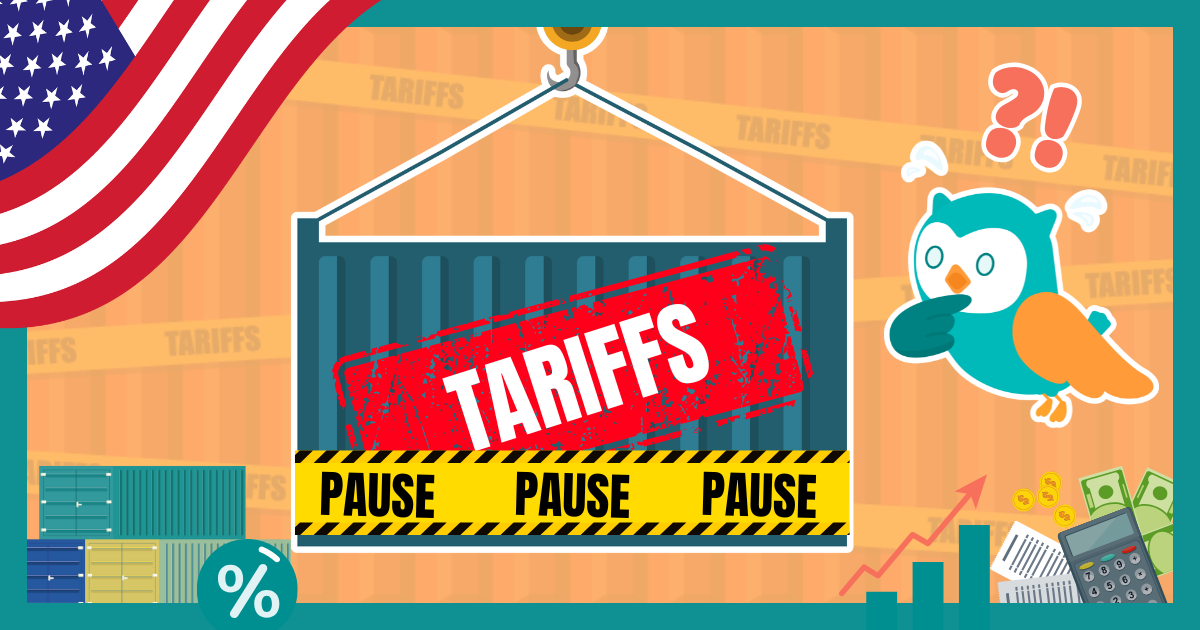Note: It was announced in November 2023 that MoneyOwl will be acquired by Temasek Trust to serve communities under a re-purposed model, and will move away from direct sale of financial products. The article is retained with original information relevant as at the date of the article only, and any mention of products or promotions is retained for reference purposes only.
______________
In this week’s market updates, we look at the ongoing conflict in Ukraine, inflation in Europe, China’s stocks as well as a relaxation of Covid-19 rules in Singapore.
Stocks started the week on a positive note but reversed course on Wednesday ending the week slightly in the green with the S&P 500 up 0.10%, MSCI World Index up 0.26% and MoneyOwl’s 100% equity portfolio up 0.10%.
The price of US treasuries rose for the week as the yield on the benchmark 10-year US Treasury fell slightly. Economic data showed a strong job market and elevated inflation which boosted short-term treasury yields, causing the 2-year yield to briefly exceed the 10-year yield on Thursday, further reinforcing the view that the Federal Reserve raising interest rates may cause a recession. Historically, markets have perceived 2-year yield rising above the 10-year yield (also known as yield curve inversion) as a leading indicator for pending recession.
Geopolitical tensions continue in Russia and Ukraine
Russia’s war against Ukraine continued, though there were hopes for a diplomatic end to the conflict based on what one Russian representative deemed “constructive” ceasefire negotiations on Tuesday between the warring parties in Istanbul, Turkey. The negotiations appear to have brought some very preliminary mutual understanding on a few issues, including discussions on Ukraine’s adoption of a permanent neutral and non-nuclear status, in addition to the agreement on Ukraine’s application for European Union membership.
However, both sides are still far from a mutually acceptable ceasefire and peace agreement as several key issues remain – including security guarantees and Ukraine’s territorial integrity—where both parties expressed diverging and, in some cases, opposing views.
Inflation in the rest of Europe
Economic estimates showed that the eurozone’s annual inflation rate soared to a record high in March, driven mainly by the upsurge in energy prices. The unemployment rate is also at a record low as the economy continues to recover from the lifting of coronavirus lockdowns. The European Central Bank President Christine Lagarde reiterated that the eurozone will face slower growth and higher inflation in the short term, and further warned that “the longer the war lasts, the higher the economic costs will be and the greater the likelihood we end up in more adverse scenarios.”
China’s support for US listing
China equities listed on the New York stock exchange were outperformers on Friday after Bloomberg sources suggested China is considering handing over full audits record of the majority of over 200 such stocks, helping to ease delisting concerns.
China added more than 13,000 new Covid-19 infections. Chinese state media reported a Covid-19 patient in a city near Shanghai who had been infected with a new subtype of the Omicron variant, an iteration of the coronavirus.
Singapore unmasked
In Singapore, with the relaxation of Covid-19 restrictions on 29 March, restaurants and hotels have seen upticks in bookings. However, the Lion City also saw home price growth slow on the back of higher property taxes and higher power tariffs announced by SP Group to cover the higher cost of imported natural gas.
Read more Market Insights here.
Disclaimer: While every reasonable care is taken to ensure the accuracy of the information provided, no responsibility can be accepted for any loss or inconvenience caused by any error or omission. The information and opinions expressed herein are made in good faith and are based on sources believed to be reliable but no representation or warranty, express or implied, is made as to their accuracy, completeness or correctness. Expressions of opinions or estimates should neither be relied upon nor used in any way as an indication of the future performance of any financial products, as prices of assets and currencies may go down as well as up and past performance should not be taken as an indication of future performance. The author and publisher shall have no liability for any loss or expense whatsoever relating to investment decisions made by the reader.




